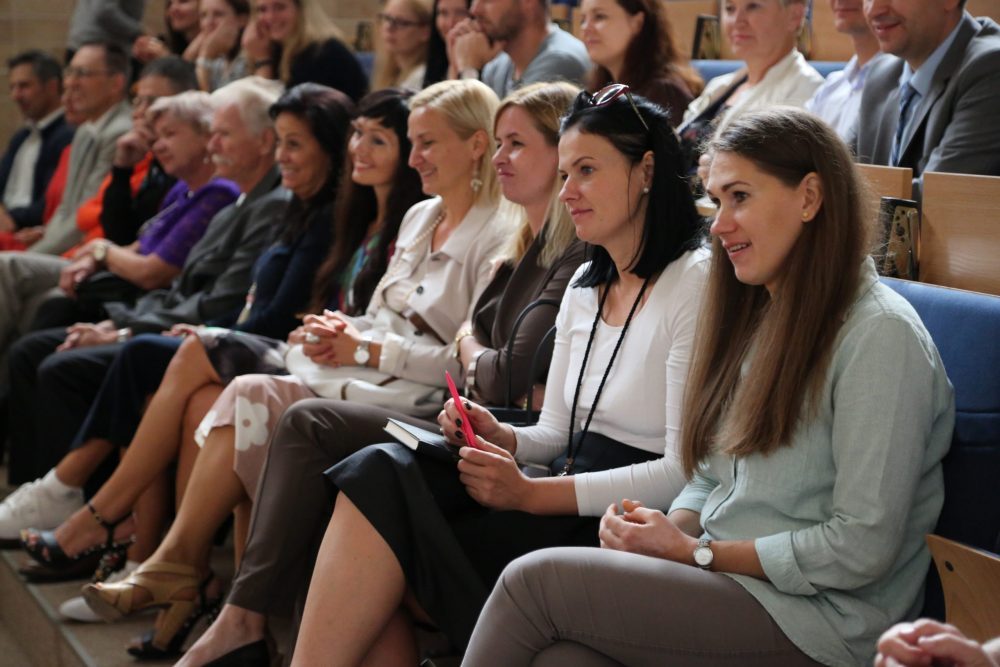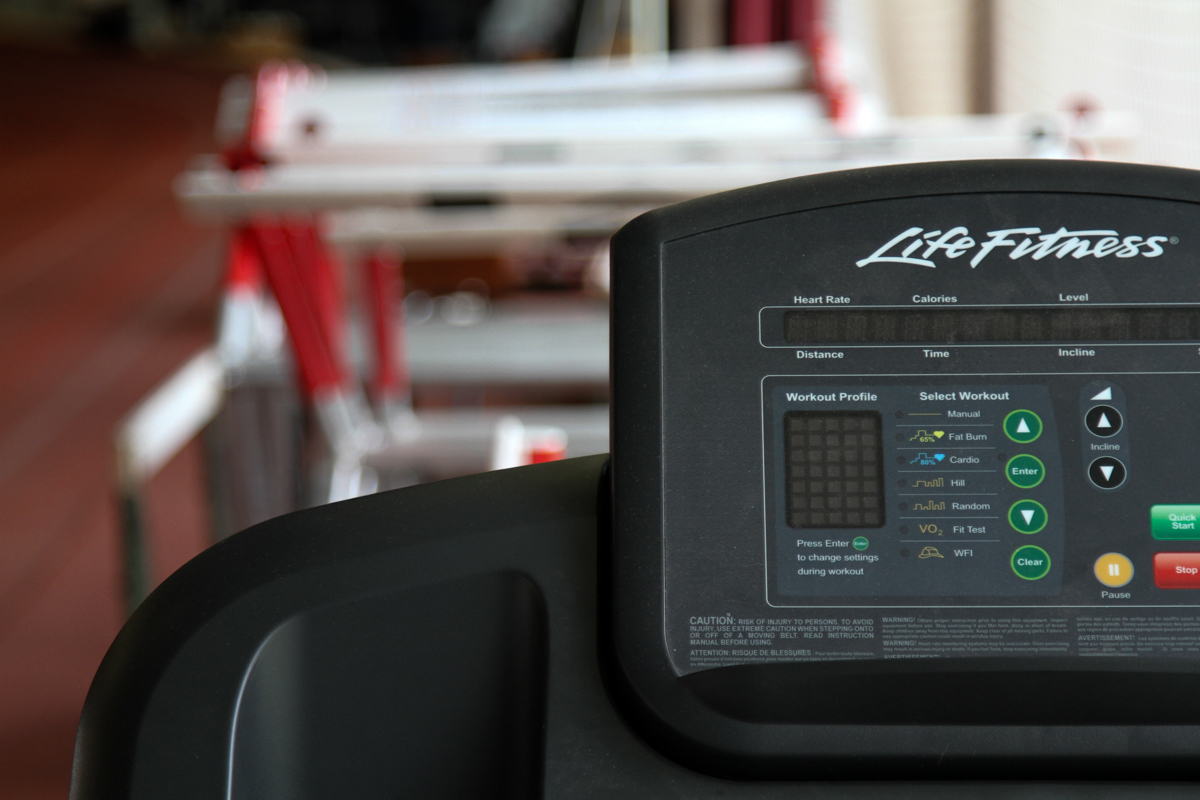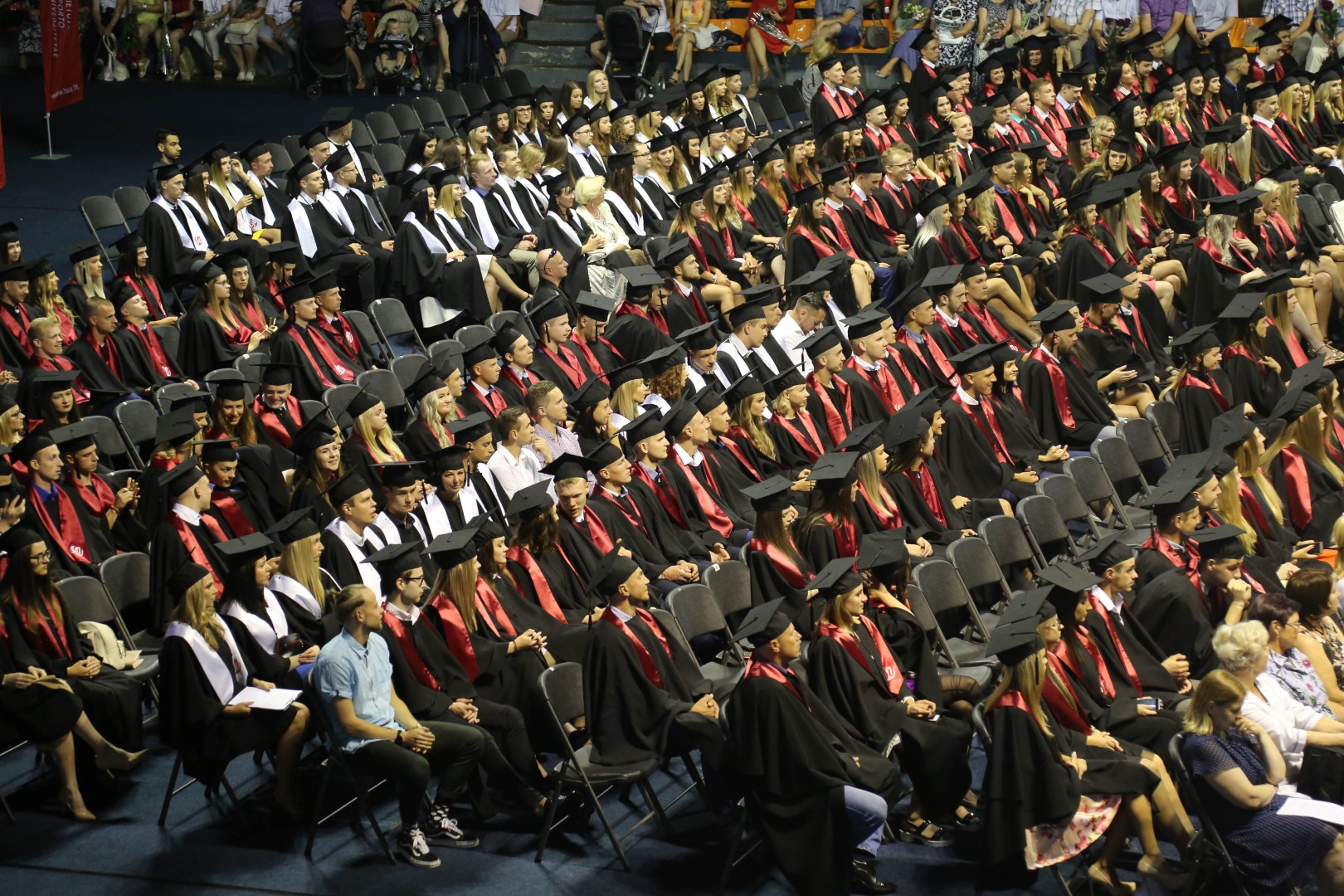Journal “Reitingai” has announced the latest evaluation of higher education institutions. The University received the best evaluation according to the ranking criteria “Present and Future Academic Staff”, “Students’ Attitude towards Their University” and “Competition in the International Study Area”.
According to the ranking criterion “Present and Future Academic Staff”, the University came fourth of eleven state universities in Lithuania with 5.38 out of a possible 10 points.
The evaluation was based on:
1. The ratio of conditional academic staff (full-time academic staff ) to the number of students. (1 point) National Agency for Education, Universities
2. The ratio of the number of teachers under 35 to all teachers. (1 point) National Agency for Education, Universities
3.1 The ratio of Doctors of Science to all teaching staff members. (4.5 points) National Agency for Education, Universities
3.2 The ratio of recognized artists to all teaching staff. (0.5 points) Universities
4. The ratio of students who defended their dissertations in the field of science/ art in 2019 to all students enrolled in doctoral studies in 2015. (1 point) Research Council of Lithuania, National Agency for Education, Universities
According to the criterion “Students’ Attitude towards Their University”, LSU was ranked seventh. The University students allocated 4.6 out of 6 points.
Students‘ assessment was based on the following criteria:
1. Teachers explain the material in an understandable and consistent way. (0.5 points)
2. Teachers give creative tasks; various teaching methods are used during lectures. (0.5 points)
3. Teachers are well versed in the subjects they teach. (0.5 points)
4. Assessment procedures and grades are objective and impartial. (0.5 points)
5. All study tools are easily accessible (books, textbooks, online databases, etc.) (0.5 points)
6. Classrooms and other premises are in good condition and have all the necessary technical equipment. (0.5 points)
7. The university provides an opportunity to freely choose study subjects and create an individual study plan.
8. The University administrative staff communicate with students politely, professionally and provide the necessary assistance in a timely manner. (0.5 points)
9. Students are involved in the academic quality assurance processes taking place at the university (administration conducts student surveys, students are encouraged to improve study programmes). (0.5 points)
10. The University offers various extracurricular activities (sports, art clubs, various fellowship, etc.) (0.5 points)
11. In the examinations, students often cheat. (0.5 points)
12. Students often use the work of other people or excerpts of them without writing the author’s name when writing different papers. (0.5 points)
Note: Students rated their universities on a scale of 1 (very bad) to 10 (excellent). The survey was commissioned in cooperation with the sociological research entity “Prime Consulting”.
According to the criterion “Competition in the International Study Area”, LSU was ranked 8th out of 11.
Evaluation criteria:
1. Ratio of the number of registered / accredited study programmes taught in a foreign language (in which students studied in 2019–2020) to all study programmes (in which students studied in 2019–2020). (1 point) Universities, National Agency for Education, Centre for Quality Assessment in Higher Education (SKVC)
2. The ratio of accredited joint degree programmes (in which students studied in 2019–2020) with foreign universities to all accredited study programmes (in which students studied in 2019–2020). (4 points) Universities, National Agency for Education
3. Ratio of the number of foreign students of undergraduate and full-time studies studying (2019–2020) the entire study programme and pursuing a degree to all undergraduate and full-time students. (2 points) Universities, National Agency for Education
4. The ratio of the number of foreign students of the second cycle and non-degree, residency study programmes studying (2019–2020) the entire study programme and pursuing a degree to all students in the second cycle and non-degree, residency study programmes. (2 points) Universities, National Agency for Education
5. The ratio of the number of foreign students of the third cycle study programmes studying (2019–2020) the entire study programme and pursuing a degree to all students in the third cycle study programmes. (2 points) Universities, National Agency for Education
6. Student exchange: the ratio of outgoing students under the “Erasmus” academic exchange programme in 2018 to all students who studied in 2018-2019. (1 point) Education Exchanges Support Foundation
7. Student exchange: the ratio of incoming students under the “Erasmus” academic exchange programme in 2018 to all students who studied in 2018-2019. (1 point) Education Exchanges Support Foundation
8. Academic staff exchange: the ratio of incoming academic staff under “Erasmus” academic exchange programme to the total number of conditional academic staff of the higher education institution in 2018–2019. (1 point) National Agency for Education
9. Academic staff exchange: the ratio of outgoing academic staff under “Erasmus” academic exchange programme to the total number of conditional academic staff of the higher education institution in 2018–2019. (1 point) National Agency for Education
10. Ratio of foreign academic staff working on a permanent basis in 2019–2020 to all the teaching staff. (1 point) Universities, National Agency for Education.
Based on the information of the journal “Reitingai”




